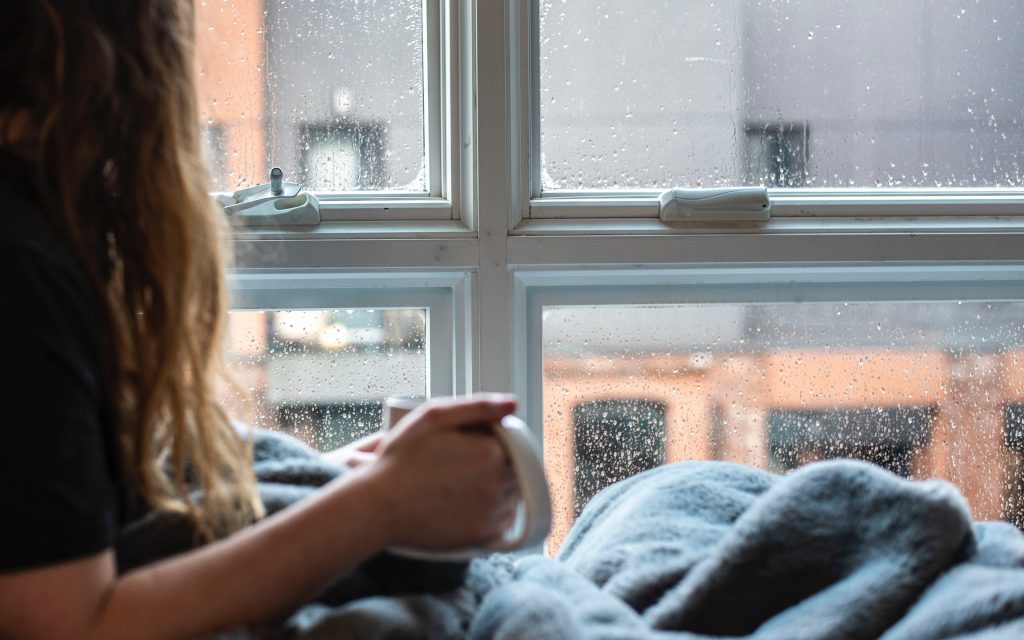 Poverty
Poverty 
There is both good and bad for poverty in current welfare reforms but unfortunately, on balance, our forecasts show the bad risks outweighing the good. By 2020, we expect to see over one in four children and four in ten lone parents living below the relative income poverty line. Predictions for absolute poverty are not much better, with an expected rise to 23% for children.
These increases are in spite of positive impacts expected for Universal Credit by itself. In general, there is a lot to be welcomed about Universal Credit, as it should simplify the benefit system and remove some of the uncertainty about going into work for claimants. However, the decision to localise Council Tax Benefit and the Social Fund go against the grain of having a single and easy-to-understand process. Another problem is that it only ameliorates and doesn’t tackle the very high marginal tax rates for people trying to earn more in work.
The UK labour market remains the elephant in the room for welfare reform. It is important to “make work pay” through setting benefits in relation to earnings but we need to look at the sorts of jobs people are going into. Too often these are short-term, poorly paid, low-skilled and dead-end. Our research shows that the continued hollowing out of better quality jobs in the middle is one of the drivers of rising inequality. And with 6 million people underemployed in the economy, more and better jobs must be the priority.
Julia Unwin is Chief Executive of Joseph Rowntree Foundation and the Joseph Rowntree Housing Trust
This blog was first published on the Joseph Rowntree Blog


